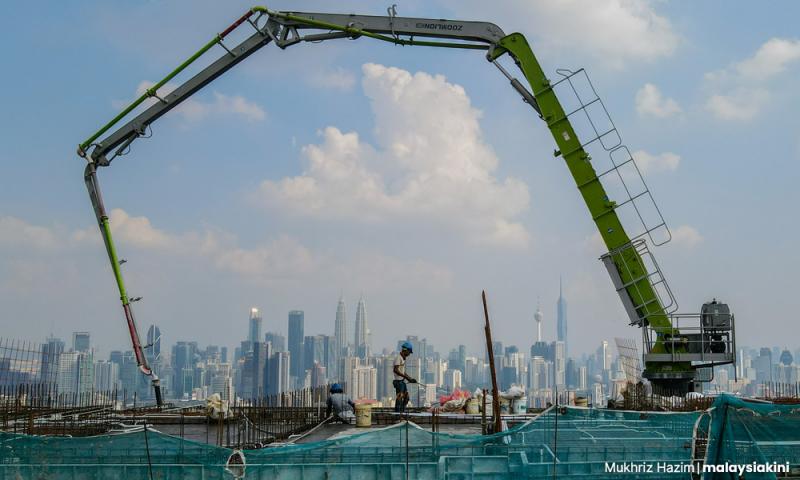LETTER | Inflation vs Deflation - Where we are headed?
LETTER | Malaysia’s recent economic trends have sparked concerns, as inflation - initially expected to rise - eased to 1.5 percent in November. Now, there is speculation about deflation, posing risks to economic growth.
To simplify, think of the Consumer Price Index (CPI) as a tool for price comparison. The media often refers to the CPI percentage, comparing this year’s CPI index to last year’s.
The CPI represents a market basket of items typically bought by the average urban consumer. If last year had high prices, this year’s CPI might seem low.
Deflation occurs when the CPI consistently drops, indicating reduced spending and a potential economic slowdown. Economists generally view deflation negatively, as falling prices prompt producers to slow down production, leading to layoffs and salary reductions.
The crucial question is whether our current inflation suggests impending deflation, and if Malaysians are truly cutting back on spending. Understanding these dynamics is key to predicting our economic direction.
While the CPI pattern hints at deflation, with the year-on-year CPI number decreasing, it’s essential to consider the high base in 2022, influencing the perceived decrease in year-on-year CPI.
Hence, it’s crucial to highlight to the public that the higher base of 2022 has contributed to the lower inflation trend this year.
This doesn’t negate government efforts, such as the early-year introduction of menu Rahmah and the government’s focus on the cost of living, which also impacts the decreasing trend in year-on-year CPI.
Reflecting on 2022, factors affecting higher prices included rising commodity prices, a stronger US dollar, and geopolitical tensions. Additionally, the surge in demand after the end of the pandemic in April 2022 and increased tourism drove prices higher.
These factors influenced a higher CPI Index, which, in turn, impacted a lower year-on-year CPI for 2023.
Are we heading towards deflation? Not highly likely, as the CPI - not the year-on-year CPI - still shows a higher trend. This indicates that Malaysians are still consuming more, translating into higher spending and positive economic transactions in the market.
However, it’s crucial to remember that persistently high inflation poses risks if the inflation number is uncontrolled. Currently, it is manageable and not dangerous to economic growth.
Looking towards 2024, expectations for the next year include a potential upward trend in inflation due to a lower base this year and possible fiscal stimulus by the Anwar government. In fact, we want some inflation because, as long as we can adapt to it, it’s better for the economy in the long run.
However, monitoring these factors is crucial for anticipating economic developments.
The views expressed here are those of the author/contributor and do not necessarily represent the views of Malaysiakini.
RM12.50 / month
- Unlimited access to award-winning journalism
- Comment and share your opinions on all our articles
- Gift interesting stories to your friends
- Tax deductable
